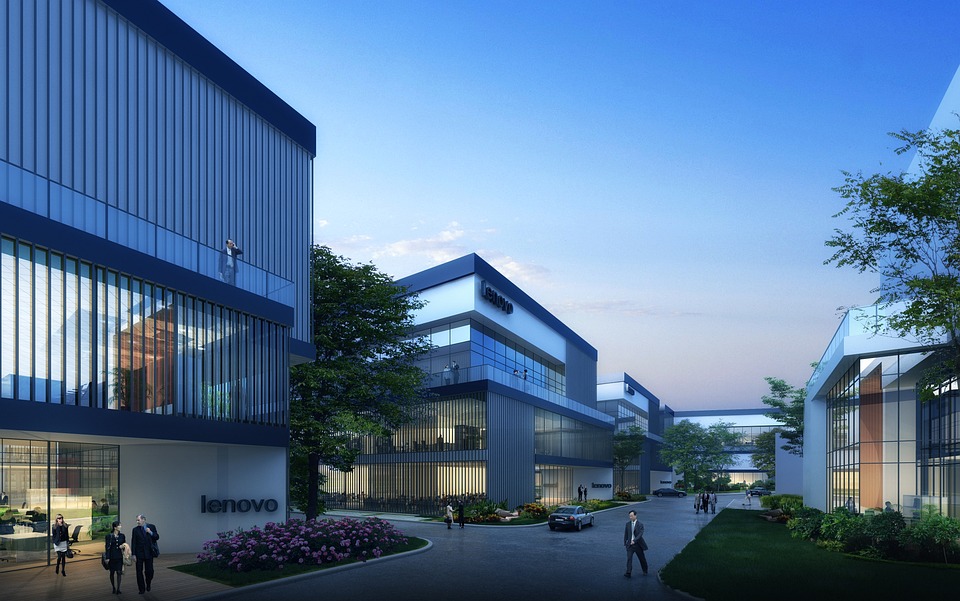In an era characterized by increasing environmental awareness and urgent climate action, the demand for energy efficiency has never been clearer. One of the sectors making significant strides in this regard is heating, ventilation, and air conditioning (HVAC). At the forefront of this transformation is the innovative use of ecology units, which are revolutionizing the way we approach comfort and energy conservation in our homes and businesses.
Understanding Ecology Units
Ecology units are advanced HVAC systems designed to minimize energy waste while maximizing indoor comfort. Unlike traditional HVAC systems that rely heavily on fossil fuels and high energy inputs, ecology units leverage renewable energy sources, smart technology, and efficient design to create a more sustainable environment. They often incorporate features like heat recovery, energy-efficient motors, variable speed fans, and advanced filtration systems, making them not only eco-friendly but also effective in maintaining optimal indoor air quality.
Benefits of Ecology Units
1. Energy Efficiency
One of the primary advantages of ecology units is their impressive energy efficiency. Many units are designed to utilize less electricity while producing the same, or even superior levels of heating or cooling. By harnessing renewable energy sources, such as solar or geothermal energy, these systems can significantly reduce both energy consumption and operating costs. According to various studies, homes equipped with ecology units can see their energy bills cut by up to 50%.
2. Reduced Carbon Footprint
By optimizing energy consumption and integrating renewable energy sources, ecology units help businesses and homeowners reduce their carbon footprint. Traditional HVAC systems can be major culprits in greenhouse gas emissions, whereas the advanced technology found in ecology units aligns with global sustainability goals by decreasing reliance on fossil fuels and minimizing emissions.
3. Improved Indoor Air Quality
Many ecology units incorporate advanced filtration systems that purify the air, removing allergens, dust, and other pollutants. This feature is particularly important in urban areas where outdoor air quality is often compromised. Additionally, these systems often promote better humidity control, which can further enhance indoor comfort and health.
4. Smart Technology Integration
The modern ecology unit is frequently equipped with smart technology that allows for precise temperature control, remote operation, and real-time energy monitoring. Homeowners can control their systems via smartphone apps, ensuring optimal comfort at all times. Smart technology not only improves user experience but also allows for data analysis to further enhance energy efficiency.
5. Economic Incentives
With governments and organizations increasingly prioritizing sustainability, many jurisdictions offer incentives for installing energy-efficient HVAC systems. Tax breaks, rebates, and financing options are often available to those who choose ecology units, making them a financially savvy choice for both residential and commercial properties.
The Future of HVAC with Ecology Units
As we move into an uncertain future marked by climate change and energy crises, the necessity for innovative solutions in HVAC will only grow. Ecology units are paving the way for smarter, more sustainable living and working spaces. As technology advances, we can expect even greater efficiency and affordability in these systems.
Industry Trends
The HVAC industry is seeing a shift towards modular and decentralized systems where ecology units play a crucial role. Rather than relying on a single, large system, building designs increasingly favor smaller, more efficient units that can operate independently. This not only enhances flexibility and efficiency but also makes replacing outdated infrastructure more feasible.
Collaborating with Green Architects
Another trend is the collaboration between HVAC specialists and eco-conscious architects and builders. Integrating ecology units from the design phase of a building project ensures that energy efficiency is built into the fabric of a structure. This holistic approach to design reduces energy consumption significantly while enhancing the overall aesthetics of buildings.
Conclusion
Ecology units represent a significant advancement in HVAC technology, bringing together energy efficiency, environmental sustainability, and indoor comfort. As we embrace a future defined by sustainability, these systems will play an essential role in transforming the HVAC landscape. By investing in ecology units, we aren’t just opting for a technology upgrade; we are committing to a healthier planet and a more sustainable way of living. As consumers and businesses alike become increasingly aware of their ecological impact, the continued integration of ecology units into our built environments is not just a trend—it’s a necessity for a sustainable future.

Leave a Reply